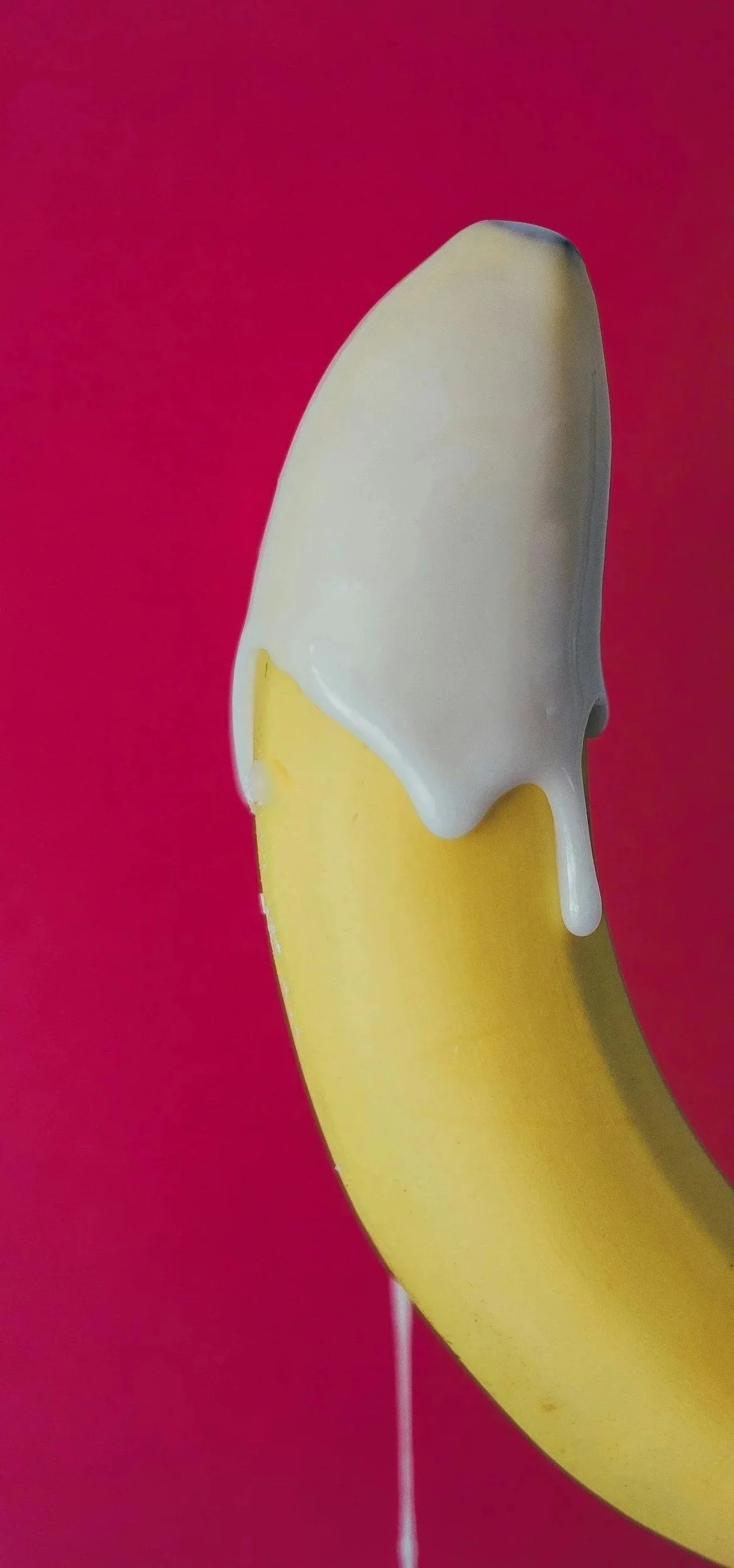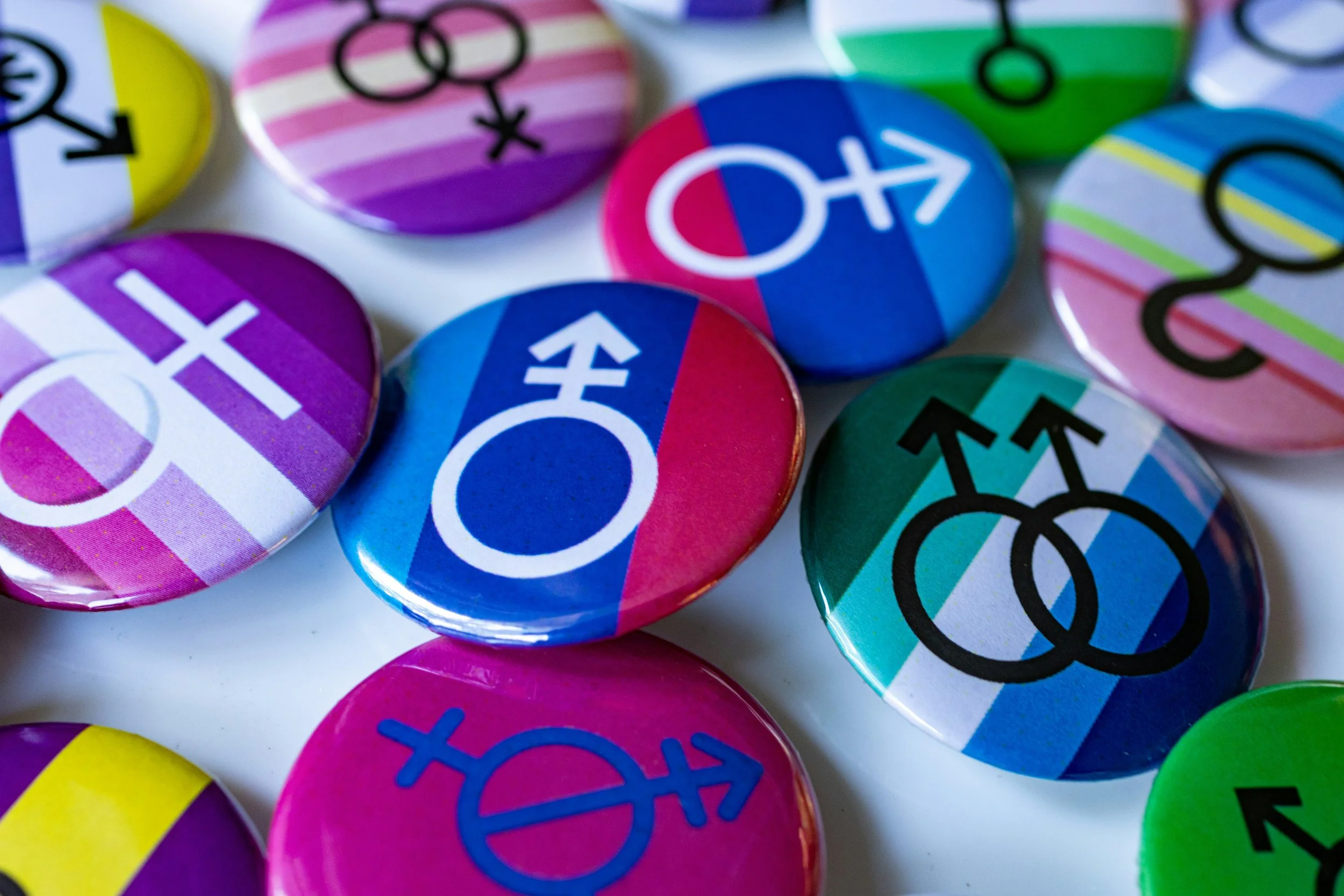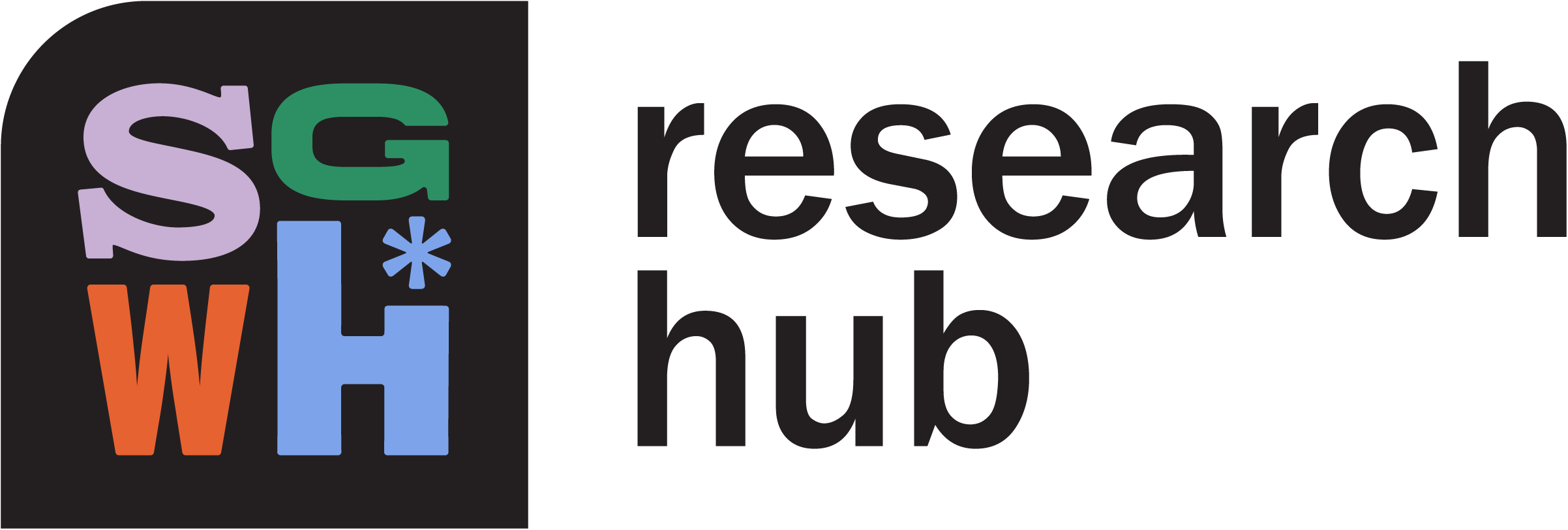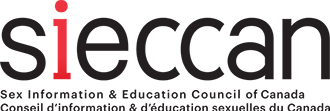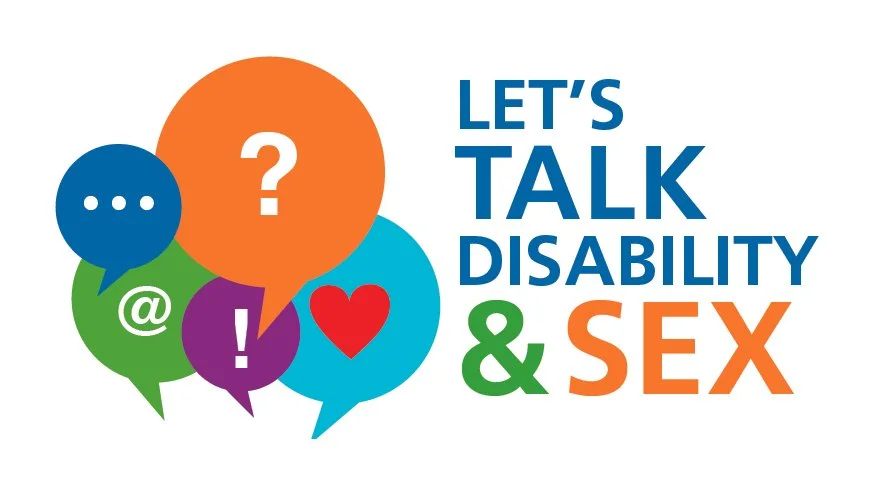A Virtual Conference on Transforming Intimacy and Access
Sexuality,
Disability,
and the
Power to
DISRUPT
February 13-14, 2026
Held via Zoom
To register, please visit the link: https://tinyurl.com/DisSexConference
The full conference program is available at: https://tinyurl.com/DisSexConfProgram
We invite scholars, activists, artists, community members, and practitioners to submit proposals for a two-day virtual conference focused on the rich, complex, and often marginalized intersections of disability and sexuality.
This event seeks to center disabled voices, challenge assumptions, and open space for conversations about love, desire, pleasure, and intimacy. An opportunity to reimagine what desire, love, sex, and connection can look like when approached through the lived experiences of disabled people.
Submission Details
Presentations that focus on any aspect of sexuality and disability are welcome. Ranging from many formats and perspectives including but not limited to: academic research papers (completed or in-progress), community-based projects, creative and/or artistic works, panel discussions and roundtables, and audio or video storytelling.
As the conference is being held virtually, anyone from anywhere in the world has the opportunity to present.
We strongly encourage submissions from disabled presenters and those from underrepresented communities, including Black, Indigenous, and racialized people, 2SLGBTQ+ folks, and neurodivergent people.
Submissions are now closed, thank you to all that have submitted an abstract
Submission Deadline: October 15, 2025
Notification of Acceptance: December 15, 2025
Dates of the Virtual Conference: February 13-14, 2026
Topics may include (but are not limited to):
Disabled 2SLGBTQ+ sexualities
Access intimacy and care relationships
Online dating, hookup culture, and digital sexual fields
Asexuality, celibacy, and non-normative intimacies
BDSM and kink as sites of access, power, and transformation
Sex education and reproductive justice
Cultural and media representations
Pleasure activism and erotic justice
Intersectionality and interlocking oppressions (e.g., race, class, gender, immigration status)
Community organizing, mutual aid, and peer support
Ethical considerations in research on sexuality and disability
How to submit your work to the conference?
Please send a 250–300 word abstract or proposal that outlines the focus of your presentation, its relevance to the conference theme, and the format in which you plan to present (e.g., individual talk, performance, workshop, creative piece). Along with your proposal, include a short bio (100 words) that highlights your background, affiliations, and any relevant experience.
In the spirit of access and inclusion, we also accept audio and/or video recordings in place of written proposals. These should be no longer than 5 minutes and should clearly describe the topic, format, and goals of your proposed contribution. If submitting in an alternative format, please include your name, contact information, and a brief bio either within the recording or in a separate attachment.
Abstracts and proposals should be sent via one of the two submission forms (written or audio/video).
If you have questions or access needs related to the submission process, feel free to reach out in advance.
FAQs
Is there a cost to attend the conference?
No. This is a free event. We believe in making knowledge-sharing accessible to all, so there is no registration fee for presenters or attendees.
Who can submit a proposal?
Anyone! We encourage submissions from: academics (including graduate and undergraduate students), community organizers and advocates, artists and creatives, disabled people, Mad folks, neurodivergent individuals, caregivers, service providers, and support workers.
Do I need to be affiliated with a university or organization to participate?
No. We welcome participation from those inside and outside academia. Your lived experience, community work, or creative practice is more than enough.
Will the event be held online or in person?
The conference will be held virtually to allow for wider participation across geographic and accessibility barriers.
What accessibility measures will be in place?
We are committed to making this conference as accessible as possible. We plan to offer: real-time captioning (CART), American Sign Language (ASL) interpretation, plain language materials, visual description guidance for presenters, and breaks between sessions.
Who do I contact if I have questions?
You can reach out to Dr. Alan Martino at alan.martino@ucalgary.ca or disabilitysexualityconference@gmail.com with any questions, access needs, or ideas you’d like to discuss before submitting.
Our Sponsors
Our Partners
Contact us.
disabilitysexualityconference@gmail.com
If you have any questions or concerns please feel free to contact the provided email.

